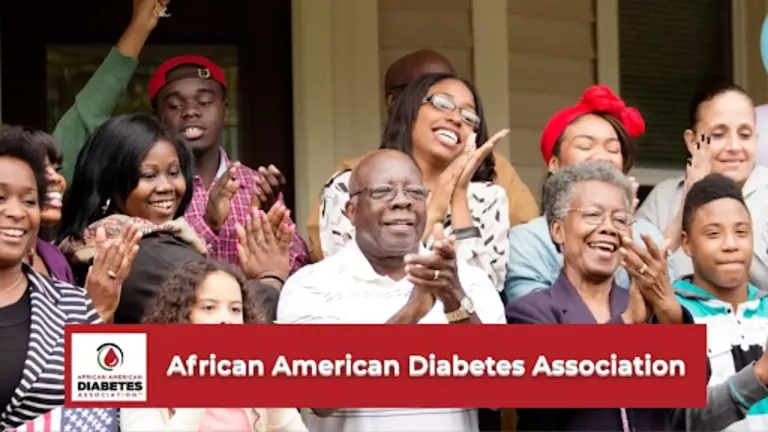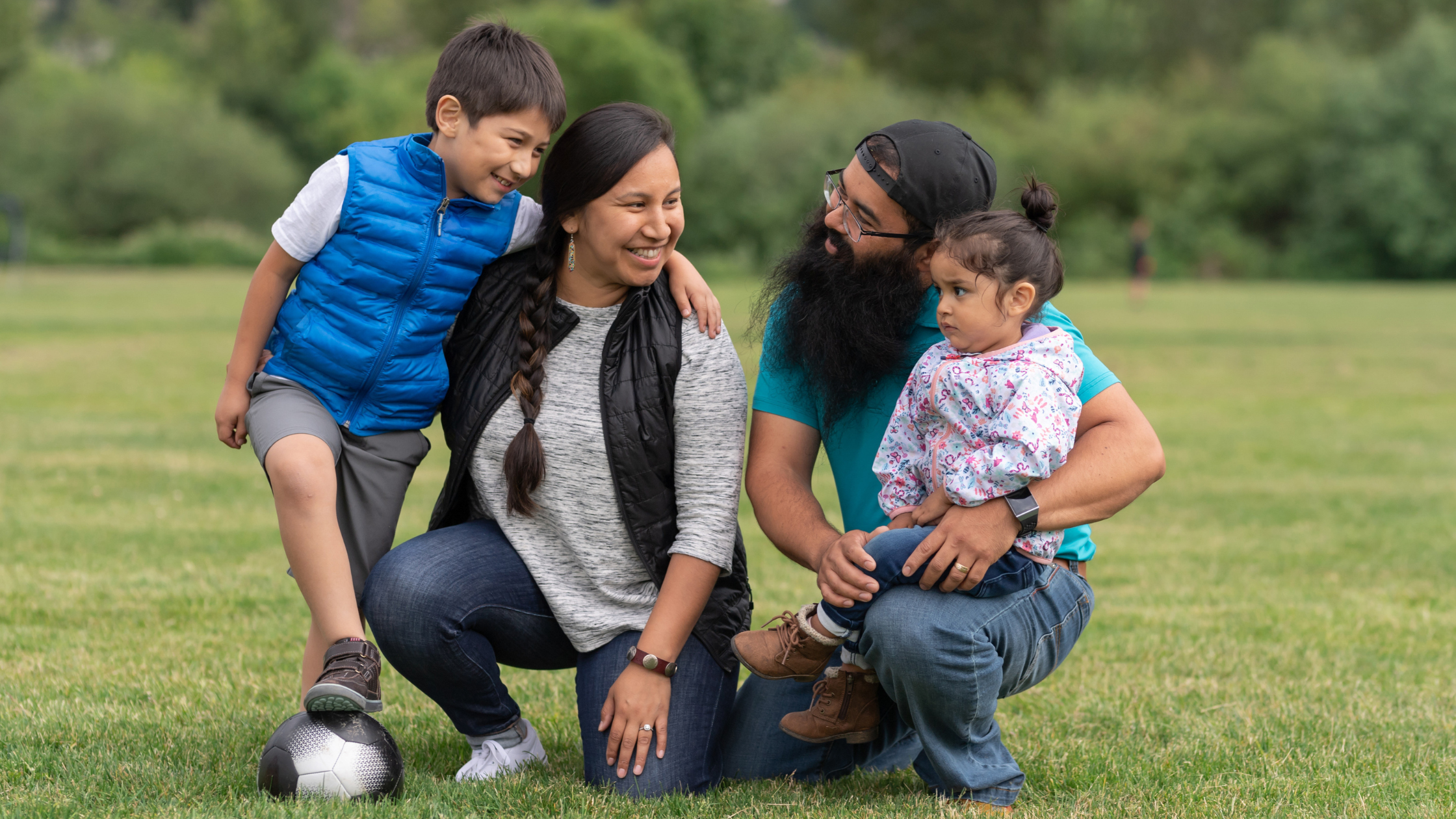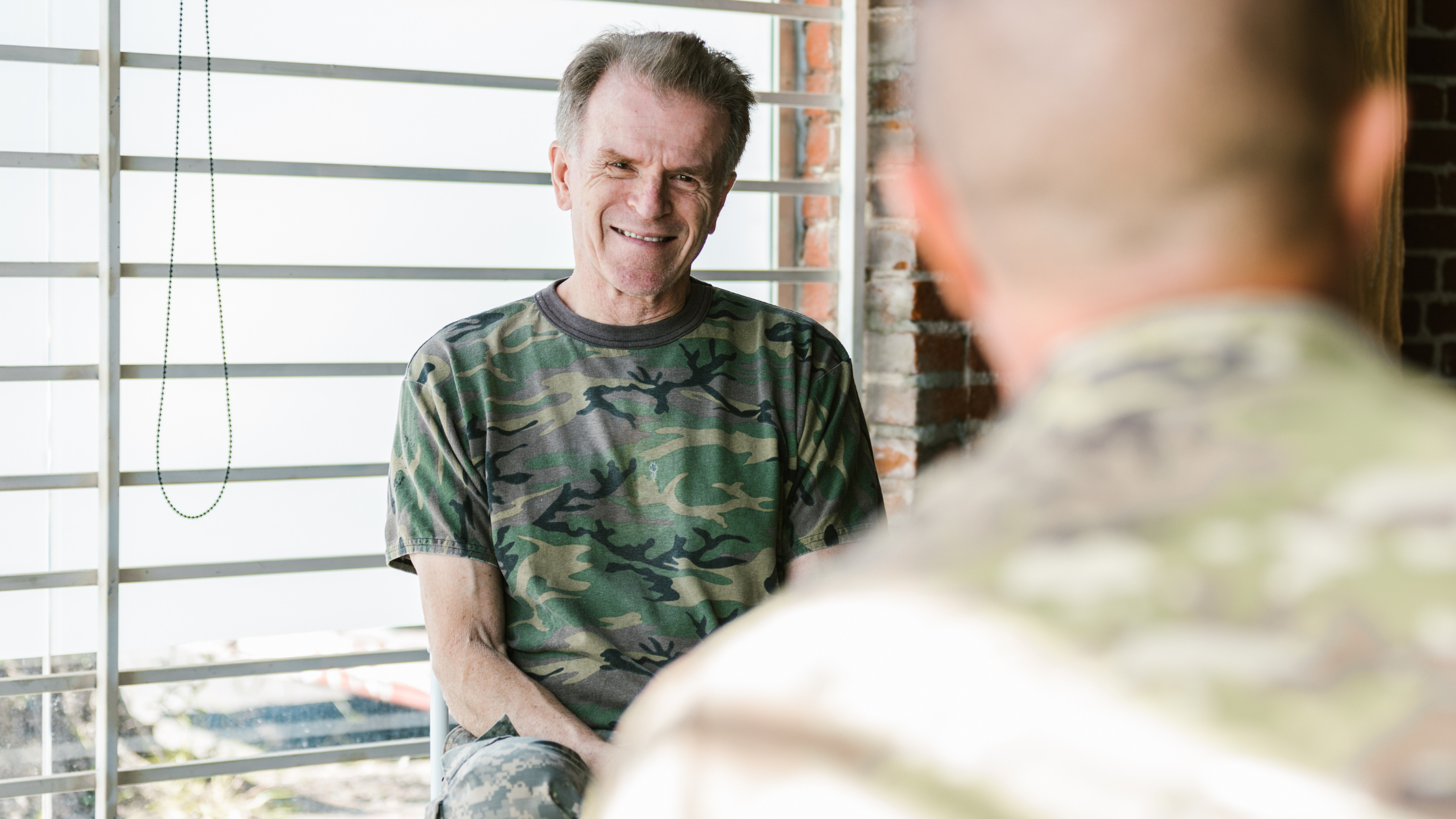
Diabetes continues to impact Black communities at higher, and often deadlier, rates than any other group in the U.S. But amid this health crisis, grassroots leaders are stepping forward to rewrite the narrative. One of those leaders is Leon Rock, CEO and Co-Founder of the African American Diabetes Association (AADA).
We interviewed Rock to explore how AADA is closing long-standing gaps in care by providing culturally rooted education, advocacy, and support designed by and for Black individuals and families.
Read the full interview below!
1. What inspired you to found the African American Diabetes Association? What gaps in diabetes care were you determined to address?
Driven by the stark reality of the disproportionately high diabetes rates and poorer outcomes within the Black community, compounded by the devastating impact of the COVID-19 pandemic and the alarming number of deaths it caused within our community, the African American Diabetes Association (AADA) was envisioned to be a beacon of hope and a powerful advocate for change.
Co-Founded by Barbara King and Leon Rock, along with our Founding Board Members, all of whom are African Americans with invaluable lived experiences managing type 1 or type 2 diabetes, or serving as dedicated caregivers, the AADA proudly announced its establishment amidst the ongoing epidemic. The inspiration stemmed from witnessing firsthand the lack of culturally relevant resources, inadequate access to quality care, and the urgent need for a dedicated voice to address these disparities.
The AADA was determined to bridge critical gaps, including:
- Cultural Relevance: Lack of culturally tailored education and support that resonates with the lived experiences of Black individuals.
- Access Disparities: Unequal access to affordable healthcare, healthy food options, and safe spaces for physical activity.
- Trust and Engagement: Addressing historical and ongoing distrust in the healthcare system and fostering stronger patient-provider relationships.
- Representation: Ensuring the voices and needs of Black individuals are central to diabetes research, policy, and care delivery.
2. What are AADA’s core programs? How do they empower individuals managing diabetes or prediabetes?
Culturally Tailored Education: Providing accessible and relatable information on diabetes management, nutrition, and exercise through workshops, community events, and culturally specific materials. This builds knowledge and self-efficacy.
Support Networks: Fostering peer support groups and mentorship programs that create a sense of community, reduce isolation, and offer practical advice from shared experiences. This promotes emotional well-being and adherence.
Advocacy and Empowerment Training: Equipping individuals with the skills and knowledge to advocate for their own healthcare needs and engage in systemic change efforts. This fosters agency and promotes health [access].
Community Health Initiatives: Partnering with local organizations to implement programs that increase access to healthy food, promote physical activity, and provide culturally competent screenings and resources within Black communities. This addresses social determinants of health.
3. Are there any new initiatives that AADA is planning to launch for the community?
Exciting new initiatives on the horizon include:
- Telehealth Expansion: Utilizing technology to reach underserved communities with virtual consultations, education, and support.
- Faith-Based Initiative: Partnering with Black churches and faith-based organizations to integrate diabetes education, screening, and support within trusted community spaces.
- Research Collaborative: Partnering with researchers to conduct studies that address the specific needs and experiences of Black individuals with diabetes.
4. What systemic barriers most often prevent Black Americans from receiving effective diabetes care?
Systemic barriers are significant hurdles:
- Limited Access: Lack of healthcare facilities, specialists, and transportation in many Black communities.
- Financial Constraints: High cost of medication, supplies, and healthy food, coupled with economic disparities.
- Healthcare Distrust: Historical and ongoing experiences of discrimination and bias within the healthcare system leading to reluctance in seeking or adhering to care.
- Food Deserts: Limited availability of affordable and nutritious food options in many Black neighborhoods.
5. What are the most important methods for monitoring and adapting diabetes care plans?
Effective monitoring and adaptation involve:
- Regular Blood Glucose Monitoring: Empowering individuals to track their glucose levels and understand their body’s responses.
- HbA1c Testing: Providing a longer-term picture of blood sugar control.
- Continuous Glucose Monitoring (CGM): Offering real-time glucose data for more dynamic management.
- Regular Check-ups: Consistent appointments with healthcare providers to assess progress and adjust treatment plans.
- Lifestyle Adjustments: Adapting diet, exercise, and stress management strategies based on individual needs and monitoring data.
- Patient-Centered Communication: Open dialogue between individuals and their healthcare team to collaboratively adjust care plans.
6. How does diabetes increase the risk for other chronic diseases and other health conditions?
Diabetes, if poorly managed, can wreak havoc on the body’s systems:
- Cardiovascular Disease: High blood sugar damages blood vessels, increasing the risk of heart attacks, strokes, and peripheral artery disease.
- Kidney Disease (Nephropathy): Damage to the small blood vessels in the kidneys can lead to kidney failure.
- Nerve Damage (Neuropathy): High blood sugar can damage nerves throughout the body, causing pain, numbness, and digestive issues.
- Eye Damage (Retinopathy): Damage to the blood vessels in the retina can lead to vision loss and blindness.
- Increased Risk of Infections: High blood sugar can weaken the immune system.
7. What policy changes does AADA advocate to address the root causes of diabetes disparities?
AADA champions policy changes focused on:
- Expanding Healthcare Access: Advocating for universal healthcare coverage and increased resources for community health centers in underserved areas.
- Addressing Food Insecurity: Supporting policies that increase access to affordable, healthy food options in all communities.
- Promoting Health [Access]: Advocating for culturally competent healthcare training for providers and addressing systemic biases within the healthcare system.
- Investing in Prevention: Supporting public health initiatives that promote healthy lifestyles and diabetes prevention, particularly in high-risk communities.
8. How does AADA combat stigma around diabetes in Black communities, and what myths do you frequently debunk?
AADA actively combats stigma by:
- Raising Awareness: Educating the community about diabetes as a chronic condition that can be managed, not a moral failing.
- Sharing Personal Stories: Amplifying the voices of individuals living successfully with diabetes to reduce shame and inspire others.
- Promoting Positive Language: Encouraging the use of person-first language (e.g., “person with diabetes” instead of “diabetic”).
Common myths debunked include:
- Myth: Diabetes is solely caused by eating too much sugar. Fact: Genetics, lifestyle, and other factors play a significant role.
- Myth: Diabetes is a death sentence. Fact: With proper management, individuals can live long and healthy lives.
- Myth: Only older people get type 2 diabetes. Fact: It can affect people of all ages, including children and young adults.
9. How can individuals, healthcare providers, or policymakers support AADA’s work to close gaps in diabetes care?
Support for AADA’s vital mission can come in many forms:
- Individuals: Volunteering time, donating to support programs, participating in community events, and raising awareness within their networks.
- Healthcare Providers: Seeking cultural competency training, partnering with AADA on outreach initiatives, and advocating for [care] within their institutions. Collaborating with innovative organizations like BDMT Global, who are leaders in the marketing and healthcare space, is also critical to amplifying AADA’s message and expanding our reach.
- Policymakers: Supporting legislation that expands access to healthcare, addresses food insecurity, and promotes health [access]. Funding AADA and similar community-based organizations.
10. Any other key insights you would like to share with readers?
We want to remind our African American community and those in the larger community reading this article that health is wealth, and knowledge is power!
Staying informed about diabetes, advocating for your health, and connecting with supportive communities like the AADA are crucial steps.
Early detection and proactive management are key to preventing complications and living a full life with diabetes. The fight for health [access] requires a collective effort, and every contribution, big or small, makes a difference! Readers can also listen to the African American Diabetes Podcast and visit our website at AfricanAmericanDiabetes.Org
Add Your Voice to the Movement
If you’re a healthcare advocate, organization, or individual working to improve outcomes for communities impacted by chronic disease, we invite you to share your story as part of the M.A.P. Your Health campaign. Add your voice to this national movement that turns lived experience into powerful, community-driven change. Learn more and access free tools at #MapYourHealth.






